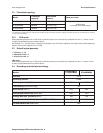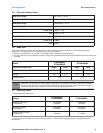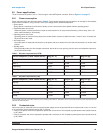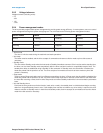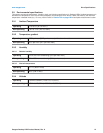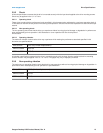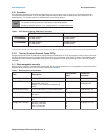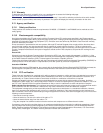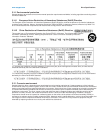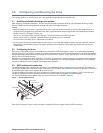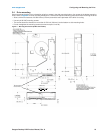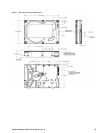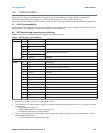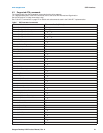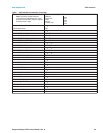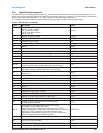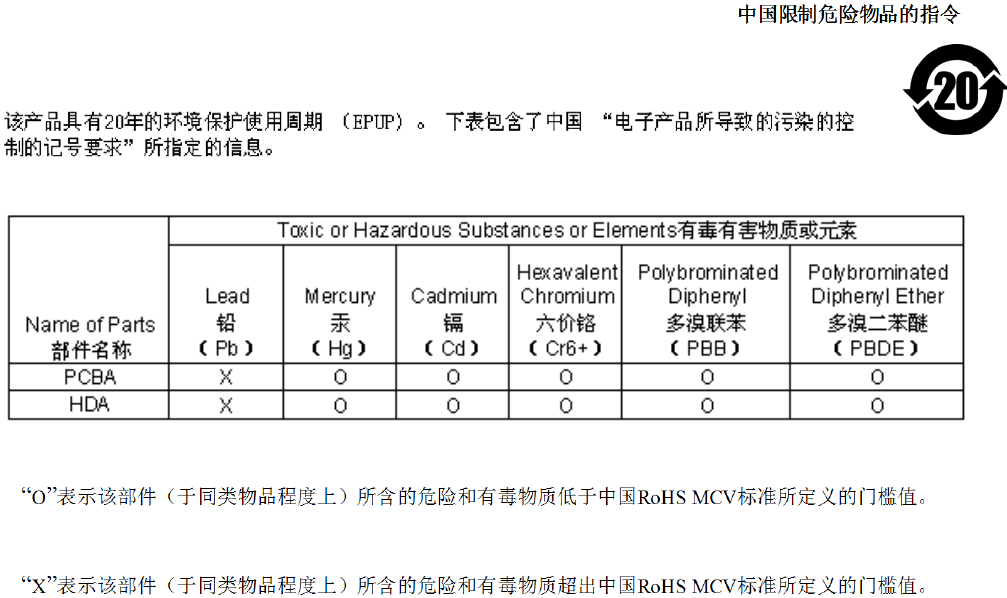
Seagate Desktop HDD Product Manual, Rev. A 16
www.seagate.com Drive Specifications
2.14 Environmental protection
Seagate designs its products to meet environmental protection requirements worldwide, including regulations restricting certain
chemical substances.
2.14.1 European Union Restriction of Hazardous Substances (RoHS) Directive
The European Union Restriction of Hazardous Substances (RoHS) Directive, restricts the presence of chemical substances,
including Lead, Cadmium, Mercury, Hexavalent Chromium, PBB and PBDE, in electronic products, effective July 2006. This
drive is manufactured with components and materials that comply with the RoHS Directive.
2.14.2 China Restriction of Hazardous Substances (RoHS) Directive
This product has an Environmental Protection Use Period (EPUP) of 20 years. The following table contains
information mandated by China's "Marking Requirements for Control of Pollution Caused by Electronic
Information Products" Standard.
"O" indicates the hazardous and toxic substance content of the part (at the homogeneous material level) is lower than the
threshold defined by the China RoHS MCV Standard.
"X" indicates the hazardous and toxic substance content of the part (at the homogeneous material level) is over the threshold
defined by the China RoHS MCV Standard.
2.15 Corrosive environment
Seagate electronic drive components pass accelerated corrosion testing equivalent to 10 years exposure to light industrial
environments containing sulfurous gases, chlorine and nitric oxide, classes G and H per ASTM B845. However, this accelerated
testing cannot duplicate every potential application environment. Users should use caution exposing any electronic components
to uncontrolled chemical pollutants and corrosive chemicals as electronic drive component reliability can be affected by the
installation environment. The silver, copper, nickel and gold films used in Seagate products are especially sensitive to the
presence of sulfide, chloride, and nitrate contaminants. Sulfur is found to be the most damaging. In addition, electronic
components should never be exposed to condensing water on the surface of the printed circuit board assembly (PCBA) or
exposed to an ambient relative humidity greater than 95%. Materials used in cabinet fabrication, such as vulcanized rubber, that
can outgas corrosive compounds should be minimized or eliminated. The useful life of any electronic equipment may be
extended by replacing materials near circuitry with sulfide-free alternatives.



